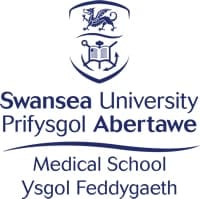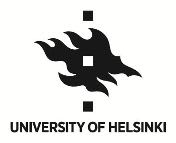Masters degrees in Microbiology provide specialist training in the study of microorganisms (microbes) in various contexts, including genetics and molecular biology. Specialisations include Bacteriology, Virology, and Immunology.
The study of Microbiology is highly relevant in today's world, where microbes have a profound impact on human health, agriculture, food security, and the environment. By exploring host-microbe interactions, students gain an understanding of the positive and negative implications microbes can have on everyday life, including their roles in disease and vaccination, climate change, waste reduction, food preservation, and health.
Opportunities for specialisation at postgraduate level include Microbiotechnology, Food Microbiology, Clinal Microbiology and broader branches of Molecular Biology. Entry requirements normally include an undergraduate degree in a relevant science subject.
Why study a Masters in Microbiology?
##
Masters degrees in Microbiology offer a unique and fascinating opportunity to delve into the world of microorganisms and their impact on the environment and human health. This field of study is constantly evolving, with new discoveries and innovations emerging all the time. By pursuing a Masters in Microbiology, you will be at the forefront of this exciting field, gaining the knowledge and skills necessary to make a significant contribution to scientific research and industry.
You will explore host-microbe interactions, gaining an understanding of both negative and positive implications which microbes can have in everyday life. This includes analysis of disease and vaccination, climate change and waste reduction, food preservation and health. You will also analyse microbe genetics through microbial taxonomy, bioinformatics, genome sequencing, and applied statistics.
Practical experience in experiment design and lab testing, including the manipulation and extraction of tissue culture, is a large component. Placements in industry, as well as fieldwork investigating microbes in different environments, is offered on most courses.
Careers can include roles in medicine and healthcare, pharmaceuticals, agriculture and food security, biotechnical industries, wildlife and urban conservation, or research in sustainability and green energy production. If you would prefer a role in academia, your Masters will make excellent preparation for further study at PhD.

 Continue with Facebook
Continue with Facebook




























